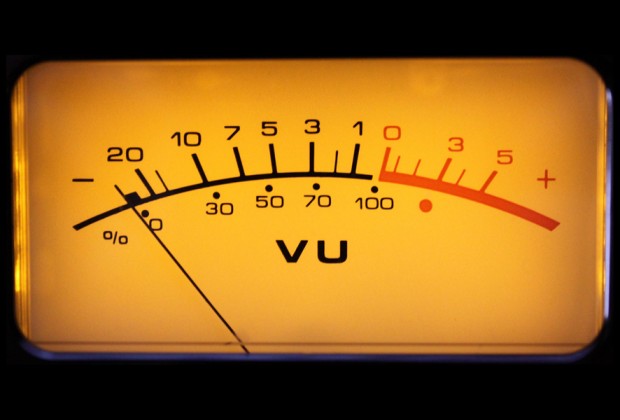Richard Dodd
Company: Richarddodd.com
Clientele: Tom Petty, Dixie Chicks, Bob Seger
Originally from London, Dodd got his start mixing in 1970. He worked in London and other cities around the world before settling in Nashville in ‘91. Not every mastering engineer was able to transition successfully from vinyl to CD, he saw, not to mention later formats. Indeed, a number of his clients were dissatisfied with the masters they were getting so he shifted his focus to mastering, a field to which he felt he could contribute. Richard Dodd has since won five Grammys and received seven nominations.
What are some of the biggest challenges that face emerging mastering engineers?
An emerging mastering engineer today has to have their own vision. If this is going to be your job, you have to think commercially. Today that means getting all of the social media that you can get your hands on and all of the self-promotion that you can afford. There’s going to be a lot of competition for the same work. Then, hopefully, every job you do will be of a high standard, which will be your best advertisement. Getting people to appreciate that what you do is a cut above [is key].
What have been your favorite technical developments of the past few years?
What I thought was going to be a wonderful development was leaving behind CD for a higher resolution. Unfortunately, it went the other way: the industry is leaving CD behind for a lower resolution. The biggest challenge for us is to do something about that.
The advent of the DAWs that we work in are starting to be a base that is usable. Sonically, they’re improving. The peripheral I/Os have gotten better too.
What are the best ways for artists to cut costs?
Prepare for your session. Know what the mastering engineer will need by asking or being told. Do as much work as you can without influencing the final result. If you’ve got edits to do, do them. If you’ve got choices to make, make them. Present your mastering engineer with what you love [so that they can] make it all that it can be. If you leave the choices to your engineer, you may be disappointed.
Have you ever had a difficult relationship with a mix engineer?
Yes, I have. You can use either a stick or a carrot. I’m the sort of person that will use the carrot first and I’ll end up with the stick. If I poke it in my own eye, then so be it. I can be opinionated, but I imagine that I’m not always correct. I’m prepared to hold to my principles. If I believe that I’m correct, I’ll take it all the way. But I’m also smart enough to recognize that I’m not the client when it’s somebody else’s call. There are cases where you have to extricate yourself from a project.
What’s the difference between cutting a vinyl version of a CD and actually mastering tracks specifically for vinyl?
When the processing is just to make the CDs appear to be louder, you can dial that back and release some of the natural dynamics, provided they’ve been given to you. However, the volume wars that people refer to for CD, there are [also] volume wars for vinyl. The difference is that with CDs, the war is nuclear. With vinyl, it’s bows and arrows. During the vinyl era, the main quest was to get it loud. The volume wars aren’t new. But the ability to trick vinyl was much less. It separated the men from the boys with respect to mastering engineers.
What are the advantages and limitations of working with artists online?
The advantage is that I don’t have to suffer my own failing of judging the client based on their personality and consequently judging the project. When you don’t know the person, you can treat a project for what it is. Of course that’s something that you should do anyway. In most cases, I can make it more affordable by not having the client there, because I don’t have to answer questions about how great it was to work with George Harrison. They’re welcome to ask those questions, but the answers come at my hourly rate. While they’re there, they’re paying.
Are all engineers able to master for vinyl?
No. Although that’s not a very generous answer. The only way to properly master vinyl is next to a lathe. You need to do tests back and forth to know that your choices are the best they can be. Mastering for vinyl does leave a little in the bank as far as guesswork. If you’ve got somebody who knows what they’re doing, they might gamble and make an adjustment. Unless you know who’s going to do the final stage, there’s a lot of guesswork.













